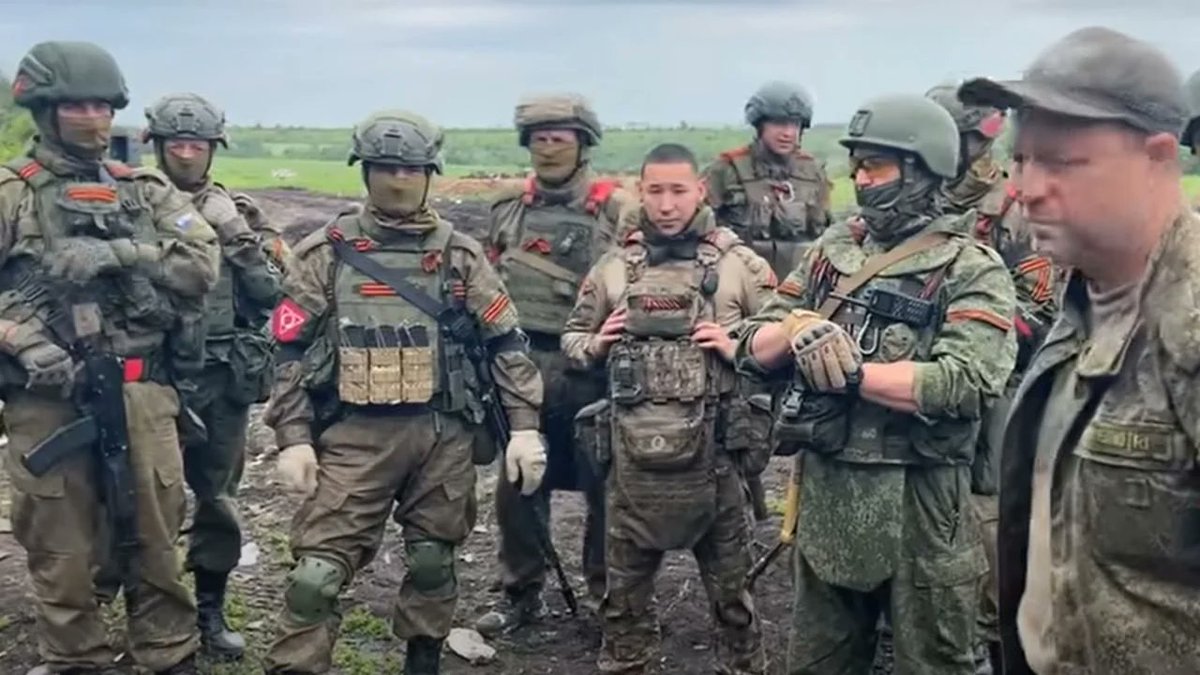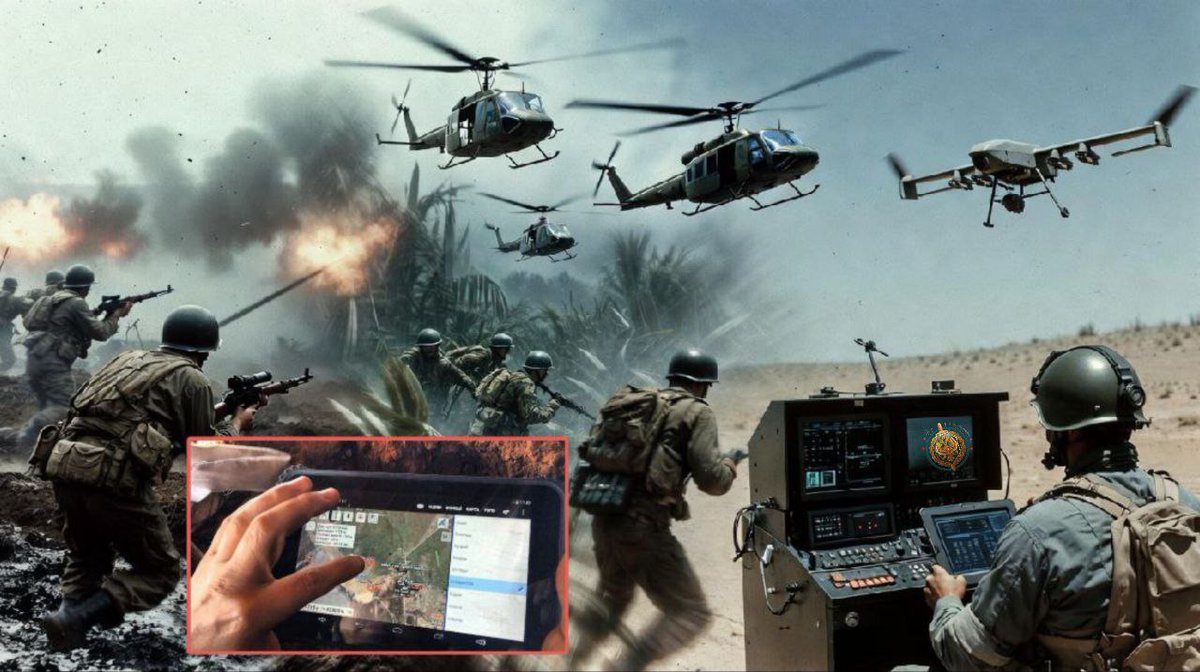1/ Tens of gigabytes of secret data on Russia's strategic electronic warfare systems has been hacked by the pro-Ukrainian Russian Volunteer Corps (RDK). They say that Russia's EW shield is "not just fragile - it's full of holes" due to multiple flaws and vulnerabilities. ⬇️ 

2/ Two weeks ago, the RDK announced that it had obtained a large quantity of data on Russia's EW systems, including technical specifications, diagrams, official correspondence, equipment setup methods, drawings, test reports, and functional information.
3/ RDK commander 'Fortuna' says that "We got more than just the external appearance. We see the internal logic, architecture, connections between nodes, we know who designed it, which companies supplied the units, which research institutes are responsible for the developments."
4/ "We received a number of important military developments along with protocols, engineering solutions and approvals from the Russian Ministry of Defence. In addition, we managed to establish the entire chain of enterprises involved in production and supply.
5/ "And it is also important that all the persons involved in the development and creation of these stations were identified. Upon completion of the operation, the RDK had their names, addresses, car numbers, places of work."
6/ RDK announced in a YouTube video that it had obtained data on the following:
🔺 "ANCHAR-K — a polar warfare naval station. An automated station for electronic suppression of satellite communication lines in Arctic conditions. It is installed on icebreaker-class ships.
🔺 "ANCHAR-K — a polar warfare naval station. An automated station for electronic suppression of satellite communication lines in Arctic conditions. It is installed on icebreaker-class ships.

7/ "Developed as a response to the vulnerability of the Russian Federation in high-latitude areas."
8/ The system is intended to disrupt signals from satellites, aviation radars and ship navigation. However, the documents obtained by the RDK indicate that it is not capable of resisting Arctic conditions, including wind, cold and icing.
9/ According to the RDK, "When the ship maneuvers, the Anchar loses tracking. The guidance time is more than four minutes. In the event of a failure, the entire system is switched off." Its location is exposed when it is in operation.
10/ 🔺 "OZON-MEI — over-the-horizon. Over-the-horizon radar project using the evaporation waveguide effect. It works by forming a plasma channel in the near-surface atmosphere."
11/🔺 "Tirada-2.3 — "Interference". Satellite communications electronic suppression station. Part of the Tirada-2S complex."
According to the RDK, this is a narrow-target system for disabling satellite communications which uses directional antennas to focus on specific targets.
According to the RDK, this is a narrow-target system for disabling satellite communications which uses directional antennas to focus on specific targets.

12/ Operating in ranges from 225 MHz to 15 GHz, it is used to temporarily disrupt communications with US and British military satellites (WGS, MUOS, Skynet).
13/ 'Fortuna' says: "Such a complex jams communications and also generates false signals. For example, a drone flying over the Bryansk region may "think" that it is over Ethiopia. Disorientation and substitution of coordinates occur."
14/🔺 "NMS REP DDV — suppression radio brain. Ground-based mobile station for suppressing long-range satellite communications. Controls other electronic warfare systems. Suppresses FleetSatcom, Milstar, MUOS, etc. links."
15/ The RDK desribes this as a key element of Russian signal suppression technology:
“This is a radio brain, everything depends on it: it determines radiation modes, types of interference, phasing."
“This is a radio brain, everything depends on it: it determines radiation modes, types of interference, phasing."
16/ However, they say that it has serious flaws. It is reported to be extremely sensitive to weather, vibrations, requires complex settings and a stable power supply. The system copes poorly with combat conditions.
17/🔺 "Software modules, OS, CORVETTE. Operating systems and software modules used for protection and work with electronic warfare. We understand the architecture, but will not disclose all the security details."
18/ The hacked documents also reveal that Russia exploits China's satellites, apparently without China's knowledge. "Russia uses civilian Chinese satellites to cover the calibration of its systems."
19/ "That is, Russian electronic warfare systems are posing as terminals of the PRC’s civilian fleet in the Pacific Ocean. China has not been officially notified of this. If a signal is detected, Russia is betting that the responsibility will fall on the Chinese channel.
20/ "This is a risky game. Sooner or later, China will understand this. And we already know which satellites they “hang on to,” which channels they mimic. This is an extremely interesting and unexpected observation."
21/ 'Fortuna' says that Russian strategic electronic warfare systems suffer from the lack of an operational ecosystem. "This is a huge, overloaded structure, not ready for a real war."
22/ Russia has invested heavily in its EW systems to compensate for its relative lack of satellites, compared to the United States or China. The leak is likely to be a considerable setback, as it will enable Ukraine's Western partners to develop countermeasures. /end
• • •
Missing some Tweet in this thread? You can try to
force a refresh








